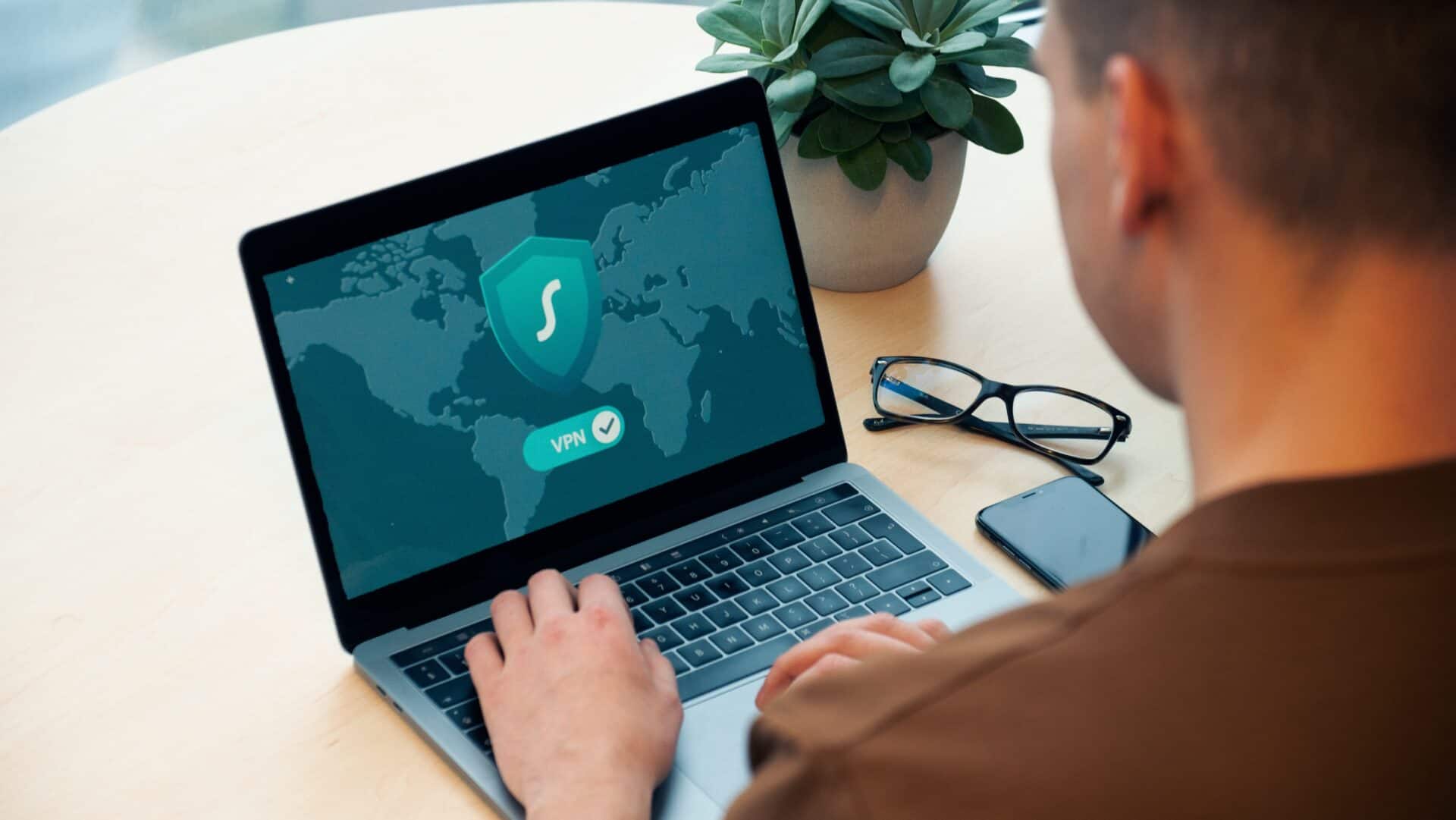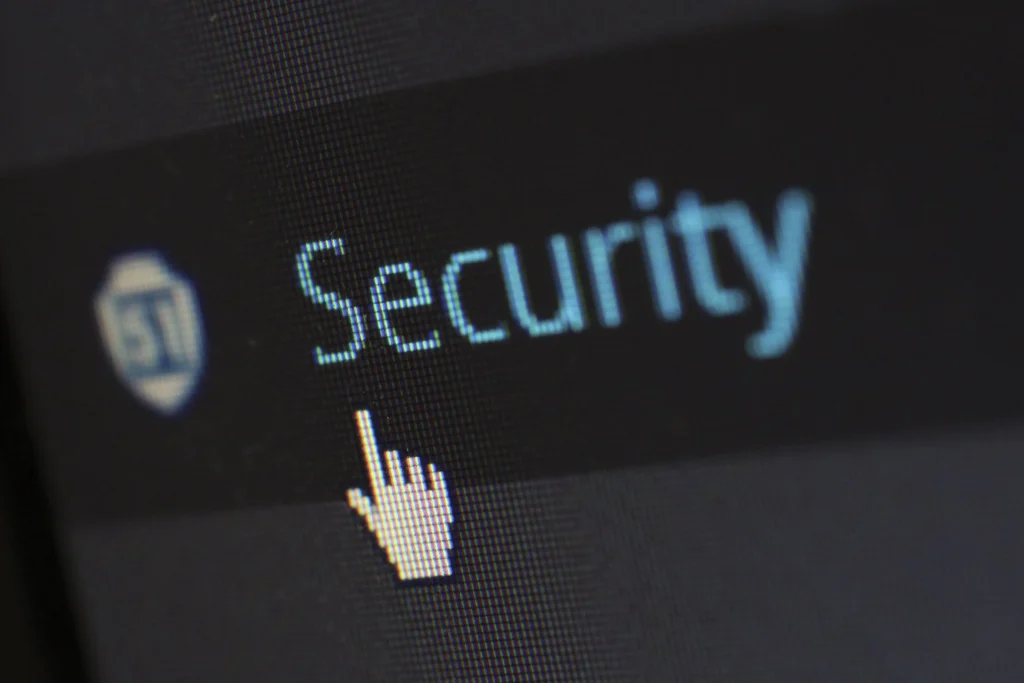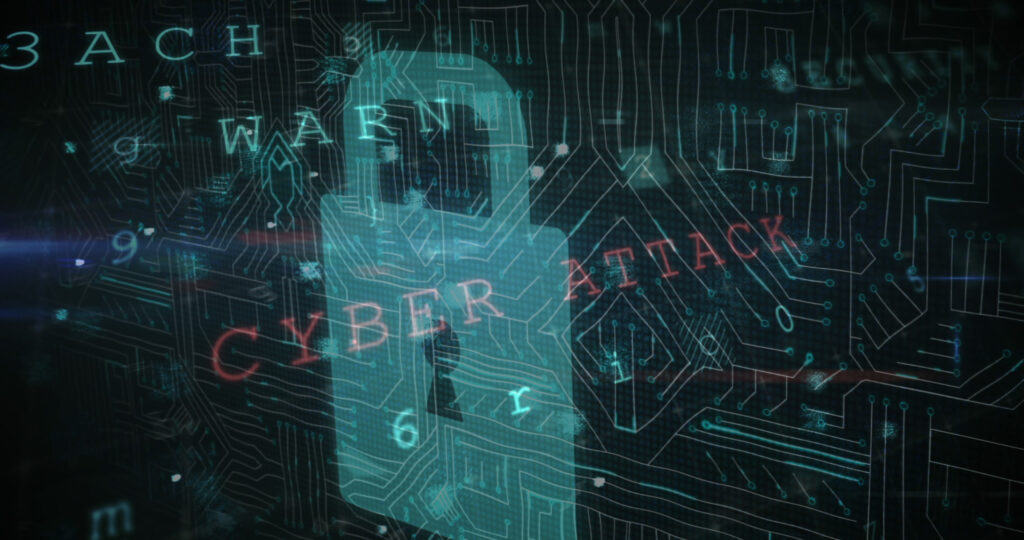Cybersecurity is one of the most important aspects of securing a workplace. With the exponential growth of digital data, businesses must prioritize cybersecurity to protect sensitive information from thieves. A data breach can result in losing or stealing sensitive data, such as financial and confidential organizational information. This not only affects the firm, but it can also have severe legal and financial consequences for the individuals involved.
Let us now look at the importance of cybersecurity in the workplace, focusing on how it may assist in protecting your data while also maintaining the trust of your clients and consumers.
Why Should We Focus On Workplace Cybersecurity?
Cybercriminals, from individual hackers to professional cybercriminals, always hunt for valuable data. The motive may vary, but the end result is often the same—data breaches, financial losses, and reputational damage.
Here is why businesses must prioritize cybersecurity:
Safeguarding Financial Data
One of the primary concerns of any business is financial data security. Cybercriminals target financial data because of the potential for substantial financial gain. Whether it’s your company’s financial records, customer payment information, or banking details, protecting this data is a must. Cybersecurity tools like encryption, firewalls, and frequent security audits stop unauthorized access to your valuable financial information.
Protecting Intellectual Property
Many organizations rely on Intellectual property for success. Today’s fast-paced environment demands that your company remain ahead of the competition while keeping its secrets safe.
Intellectual property, from software code to unique designs, represents your competitive advantage. In the manufacturing industry, unique methods allow you to produce goods faster and cheaper than your competitors. Data encryption, access controls, and employee training are critical for protecting IP from theft or disclosure.
Securing Customer Data
Customers trust businesses with personal information like names, addresses, and credit cards. Data breaches can cause identity theft and financial loss, eroding trust. Cybersecurity maintains data confidentiality. When customers know their information’s safe, they engage more with your business.
Maintaining Reputation
A solid and positive reputation is vital for any business. A single data breach can severely damage your brand’s image. Customers may lose trust in your ability to protect their data, leading to a loss of business and a tarnished reputation. Cybersecurity measures can prevent breaches, thus preserving your workplace’s hard-earned reputation.
Legal Obligations
Various laws and regulations require businesses to protect sensitive information. Non-compliance can lead to severe legal consequences, including fines and sanctions.
Data privacy laws, such as HIPAA, mandate stringent data protection standards. Cybersecurity measures assist in achieving and maintaining compliance with these laws, safeguarding your workplace from legal issues.
Operational Continuity
Cyberattacks can lead to significant downtime, affecting your business operations and, ultimately, your bottom line. Ransomware attacks can lock you out of your own systems until a ransom is paid. Viruses, malware, and other cyber threats can also infect your systems, slowing your employees’ productivity. An efficient cybersecurity system protects against these disruptions, keeping your business productive.
Tools That Improve Workplace Cybersecurity
An array of powerful tools enhance workplace security, making it easier than ever to safeguard your organization. Here are a few cutting-edge tools, their features, and their benefits:
Access Control Software
Access control systems begin with user authentication. This is how the system verifies the identity of individuals seeking access. They manage user permissions, define who can access what, and keep records of user activities. They also enable remote administration, making it possible to grant or revoke access from a central location.
Additionally, you can tailor access levels to fit your organization’s needs, ensuring that employees only access what’s necessary for their roles.
Threat Intelligence Platforms
Platforms for threat intelligence collect and analyze data from multiple sources to deliver real-time information on new threats and vulnerabilities. You can proactively identify and respond to threats by incorporating threat intelligence into your security system.
Encryption Tools
Encryption scrambles data so only those with the right key can read it. Even if a hacker gets in, it’s unintelligible to them. Opt for end-to-end encryption in chats and robust algorithms for storage.
Virtual Private Networks
VPNs are great for protecting sensitive data during transmission. They build a safe, encrypted channel for your internet connection, making eavesdropping on your online activities practically impossible. Whether you’re working remotely or accessing company resources via public Wi-Fi, a VPN can keep your data private. Choose a VPN service that does not log your online activities, putting your privacy first.
Patch Management Software
Software vulnerabilities are a common target for cyberattacks. Patch management tools help keep operating systems and applications up to date, closing potential security loopholes. Regularly updating your software is a simple but effective way to prevent exploitation by cybercriminals.
Zero Trust Architecture
Zero Trust is a security model that operates on the principle of “never trust, always verify.” It assumes that threats can exist both outside and inside your network. This approach enforces strict identity verification and access control for all users and devices, regardless of their location.
Multi-Factor Authentication (MFA)
MFA adds an extra layer of security by requiring multiple forms of verification before granting access. Typically, it involves something you know (password), something you have (smartphone or security token), and sometimes even something you are (biometric data). By implementing MFA, even if someone discovers a password, they still can’t access sensitive systems without the additional verification methods, significantly enhancing your organization’s security.
Employee Security Awareness Training
Educated employees are your best defense against cyber threats. Conduct regular training sessions to teach them about phishing scams, social engineering tactics, and other common threats. Equip them with the knowledge to recognize and avoid suspicious activities, strengthening your organization’s overall cybersecurity posture. Remember, a vigilant team is a resilient team!
Protecting sensitive information is crucial for maintaining a successful business and is also a legal obligation. At CMIT Solutions of Arlington, we offer the expertise and solutions necessary to safeguard your business against the ever-evolving threats of the digital age. Contact us today to take the first step toward securing your workplace against cyber threats.




